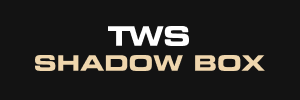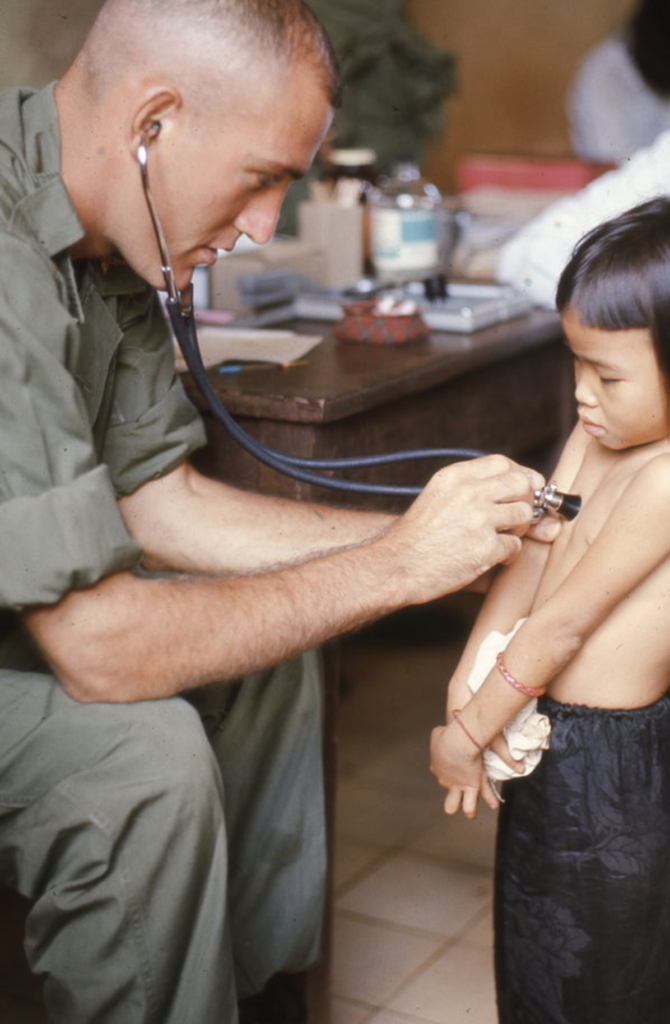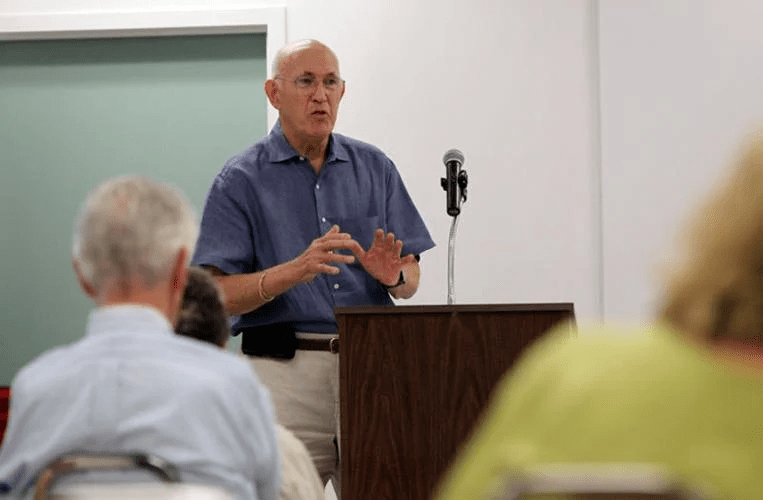Thousands of books about Vietnam have been printed. Nearly all of them are memoirs, authored by those who experienced what is scripted. A few are fiction, occasionally written by someone who was in Vietnam at the time of the war while others are creations of fertile minds. Some have been made into Hollywood movies.


What makes “The Patient was Vietcong” different than the standard Vietnam War narrative of books and movies and all those memoirs? Because it is about a healer whose remarkable and uncommon and humbling experiences in a strange land with widely different cultures leads to a self-discovery that is both enlightening and satisfying.
In the 1960s, Lawrence Climo was opposed to the war but, unlike many other protesters, did not burn his draft card or leave the country. In 1965 the draft caught up with the young physician just out of medical training. When he finished his military training he would be sent to Vietnam. During training, he learned about a unique humanitarian mission with counter-insurgency objectives that was looking for doctors. It was the military provincial hospital augmentation program (MILPHAP).

Liking the idea that he would go over as a healer not a warrior whose military mission it was to take care of civilians, he volunteered. After he arrived, he faithfully keep a diary, which became the basis for his book years later.
At the start he appreciated the varied interactions with people of different religious, social, racial and ethnic cultures, especially among both Americans and Vietnamese as well as between the two. Whatever culture shocks emerge provided, if not intrigue or entertaining, became at least informative. But then he encountered a culture shock that proved toxic and threatened to corrupt both MILPHAP and himself: The mission was humanitarian yet there was a strong sense of contamination because of its political objective.

His patients were Vietnamese civilians and North Vietnamese refugees who had been resettled here after the country’s partition in 1954. Other patients were Vietcong and North Vietnamese Army soldiers who surrendered and turned themselves in under the Chieu Hoi program. Wanting to help as many ailing individuals as possible, he would travel deep into the jungle and hills, sometimes on the back of elephants, to treat outlying hamlets, some inhabited by Vietnamese, but mainly by Rhade Montagnard, the indigenous peoples of Vietnam’s Central Highlands.
If you want to read an intelligently and passionately written book about a unique Vietnam wartime experience, this is that book. In it you’ll discover adventure, uncertainty, loss, humor, joy and above all else, discovery of human kindness and sacrifice.
About the Author of ‘The Patient Was Vietcong’
Dr. Lawrence H. Climo grew up in New Haven, Connecticut where he attended Yale College majoring in Culture and Human Behavior. He attended medical school at Albert Einstein College of Medicine in the Bronx, New York.
He also spent six months in England studying neurology at the National Hospital for Nervous Diseases, Maida Vale, and psychiatry where a new concept, social and community psychiatry, was being explored and applied. He received his M.D. in 1964. He entered the U.S. Army in 1965.

In addition to ‘The Patient Was Vietcong,’ he is also the author of ‘Psychiatrist on the Road.’ He lives with his wife in Andover, MA.

There were many, many, many humanitarians serving in and throughout South Vietnam throughout the North-South conflict. The amount of human suffering before, during, and after the conflict is difficult to truly realize, unless you were actually there seeing it and experiencing it first hand. Dr. Climo experienced it first hand and although he objected to the war, he unselfishly gave to all those suffering the extremes of strife and war, including enemies of the South. Dr. Climo should be highly commended for the sacrifices he made and contributed for the benefit to his fellow man.
When he’d bought the plane, he needed to transport the enormous vehicle to the forest in Oregon. 무료웹툰